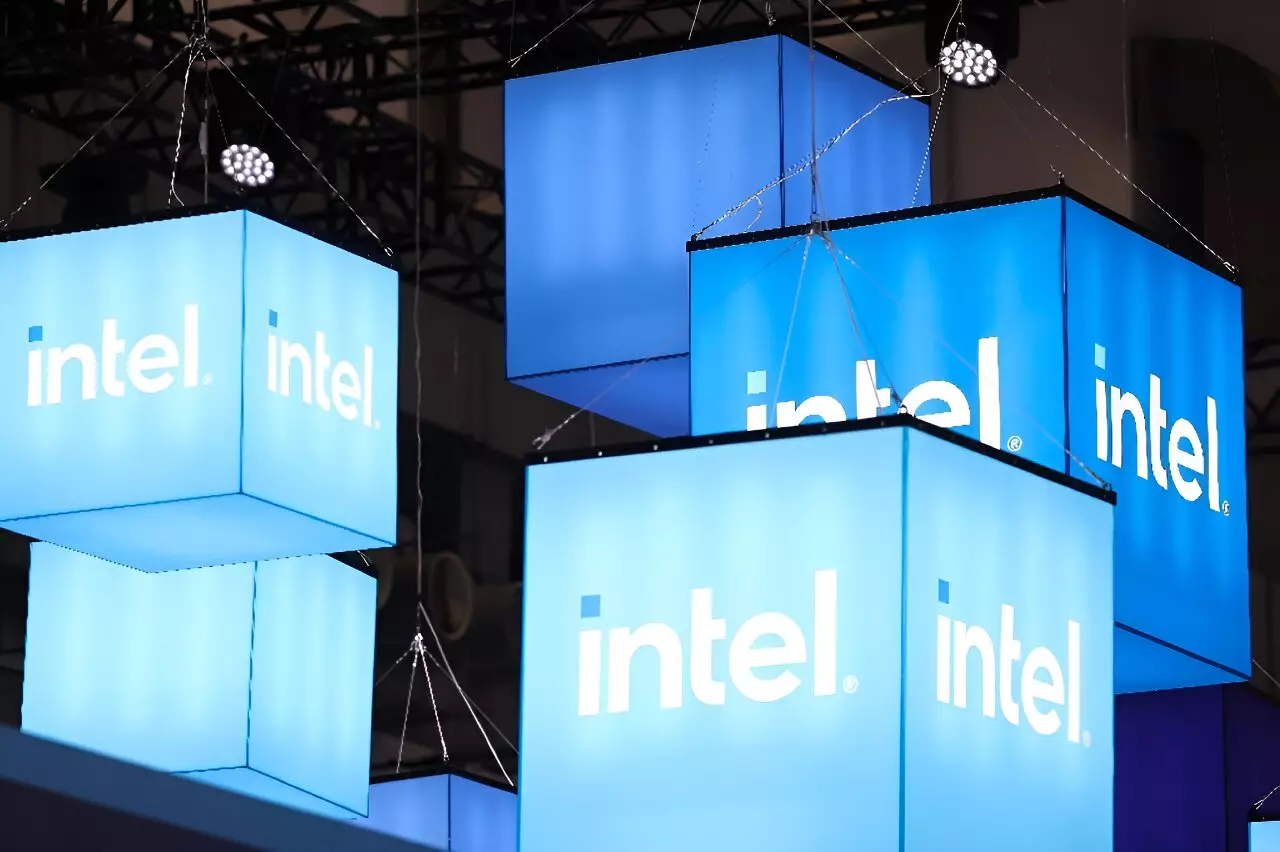In a surprising turn of events, semiconductor powerhouse Intel has announced a postponement of its ambitious plans to construct two massive chip manufacturing plants in Germany and Poland. This decision underlines the challenges the company faces in a market characterized by lower-than-expected demand for semiconductor products. The development represents a significant setback not only for Intel but also for the German and Polish governments, who had heavily invested in these projects, promoting them as vital contributors to their national economies and technology sectors.
The implications of Intel’s announcement are far-reaching. Germany, having invested nearly 10 billion euros in subsidies—significantly more than the initial proposal of 7 billion—saw this project as a cornerstone of its ambitions to reinvigorate its manufacturing landscape and establish itself as a key player in the semiconductor arena. Similarly, Poland’s investment of $1.8 billion in establishing a semiconductor plant near Wroclaw was intended to stimulate its economy and secure a foothold in the tech industry. Intel’s two-year delay—citing market demands—has raised concerns about the continent’s capacity to compete globally in semiconductor production.
Several factors have contributed to the decision to delay these significant investments. Following the outbreak of the war in Ukraine, inflation rates soared, impacting construction timelines and the broader economic environment. As Intel’s European projects became mired in discussions about financing, the company indicated they would prioritize existing capacities, emphasizing its plant in Ireland, which is set to remain the central hub for its European operations. Intel’s CEO, Pat Gelsinger, articulated this strategic realignment, stating a clear intention to respond to current market realities rather than adhere to originally ambitious timelines.
While European expansion plans are temporarily on hold, Intel is redirecting its efforts towards the United States. Recently, the tech giant has secured up to $3 billion in funding from the U.S. government, aimed at enhancing its semiconductor production capacity for military applications. This initiative aligns with broader U.S. strategies to fortify domestic chip supply chains, which have been deemed essential for national security, especially amid increasing geopolitical tensions and supply chain vulnerabilities exacerbated by the COVID-19 pandemic.
The Broader Context of Semiconductor Production
Intel’s adjustment occurs within a broader context where the global semiconductor industry is undergoing intense scrutiny. European nations and the U.S. are seeking to reduce dependence on Asian supplies—a reliance that has proven risky during periods of global instability. The European Union’s commitment to boosting local semiconductor production underscores its urgency to build a more resilient and self-sufficient technology base. As Intel steers its operations in response to changing conditions, the outcomes of these sales and production strategies will likely influence the future landscape of the global semiconductor market.
Intel’s decision to pause its projects in Europe while enhancing its focus on domestic manufacturing serves as a reminder of the complex interplay between market dynamics, geopolitical considerations, and the urgent need for resilient supply chains. The company’s strategic pivot reflects a recalibration that may ultimately shape the future of semiconductor production on both sides of the Atlantic.

